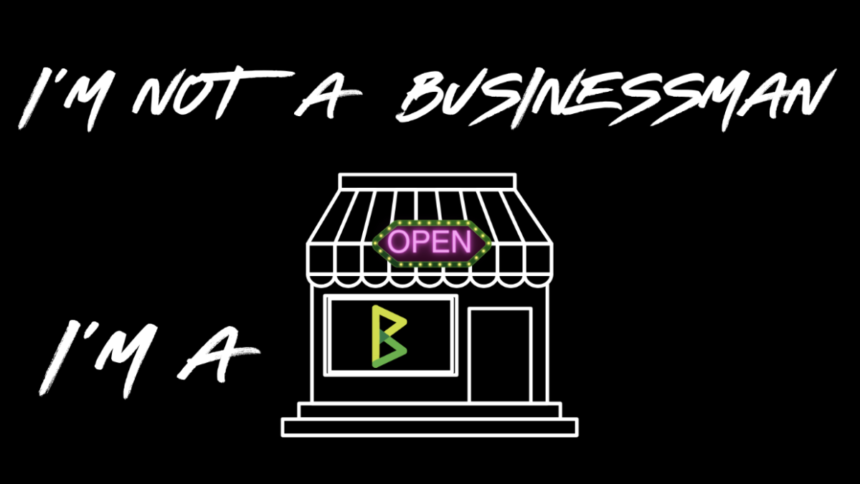The Bitcoin Asia Conference, held in Hong Kong on May 9 and 10, 2024, demonstrated an important milestone in the adoption of Bitcoin as a legitimate medium of exchange.
This article outlines strategies and technologies implemented to leverage the power of self-custodial payment processing to facilitate seamless Bitcoin transactions for goods and services over two days. BTCPay server.
executive summary
Throughout the event, 212 Bitcoin transactions were processed involving four vendors for a total of 7,714,253 transactions (equivalent to HK$36,974.63).
The average transaction was approximately 36,560 Sat (approximately HK$175). Notably, the system maintained full uptime without any failures on the Bitcoin-based chain or Lightning Network transactions.
What is BTCPay Server?
Banks do not offer a choice between self-custodial and custodial payment processing.
For example, if you want to run a self-custody business in fiat currency, you will need to run a cash-only business, but concentrating your capital in one place carries a huge risk of theft. This will also limit your customer base.
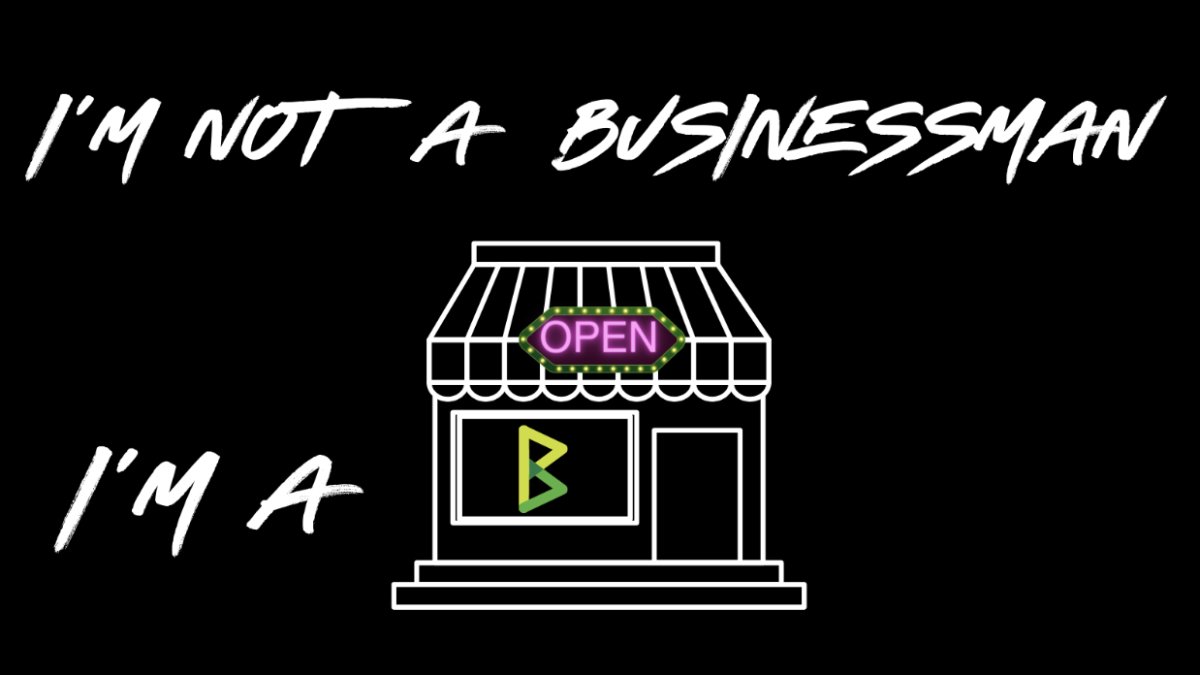
To expand economic activity beyond local economies, we have built payments networks and payments processors that enable digital transactions.
But what impact has the introduction of custodial payment systems had over time? Why can’t we introduce digital self-custodial payment processors? How can custodial payment processing enable customers and businesses to innovate? , freedom, or data? What if your digital payment form (credit card, Apple Pay, Venmo, etc.) is declined even though you have funds in your account? What valuable data, both financial and personal data, will be provided for free thanks to the service?
The BTCPay server makes it easy to conduct cash-like transactions digitally. This means you can make digital payments peer-to-peer. Transactions do not require any personal information from the payer and no intermediaries are required. This eliminates the risks that arise from both trading in cash and relying on intermediaries.
BTCPay Server is free to use and completely open source. In other words, the BTCPay server is not a company, it is just a piece of code.
BTCPay Server is a Bitcoin payment processor that allows businesses and individuals to receive payments directly without relying on third-party services.
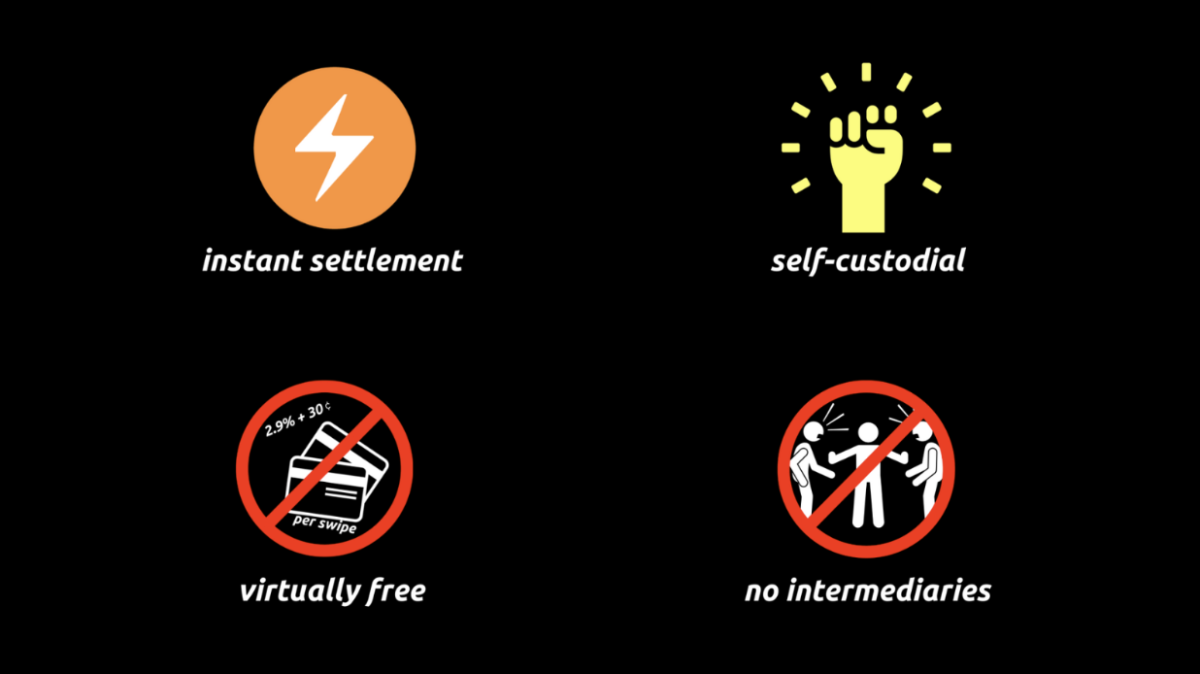
Unlike traditional payment processors, BTCPay servers store funds and do not charge transaction fees.
BTCPay Server is a highly adaptable payment processor. It can be integrated into existing systems using APIs, allowing both individuals and businesses to tailor the payment processing experience to their specific needs and ensure seamless integration into their operational frameworks.
In addition to the above features, the BTCPay server supports something called Prism Payments.
This feature enables trustless distribution of funds across multiple accounts at the point of sale. This innovative approach fundamentally rethinks the flow of money and enables real-time compensation for stakeholders and employees.
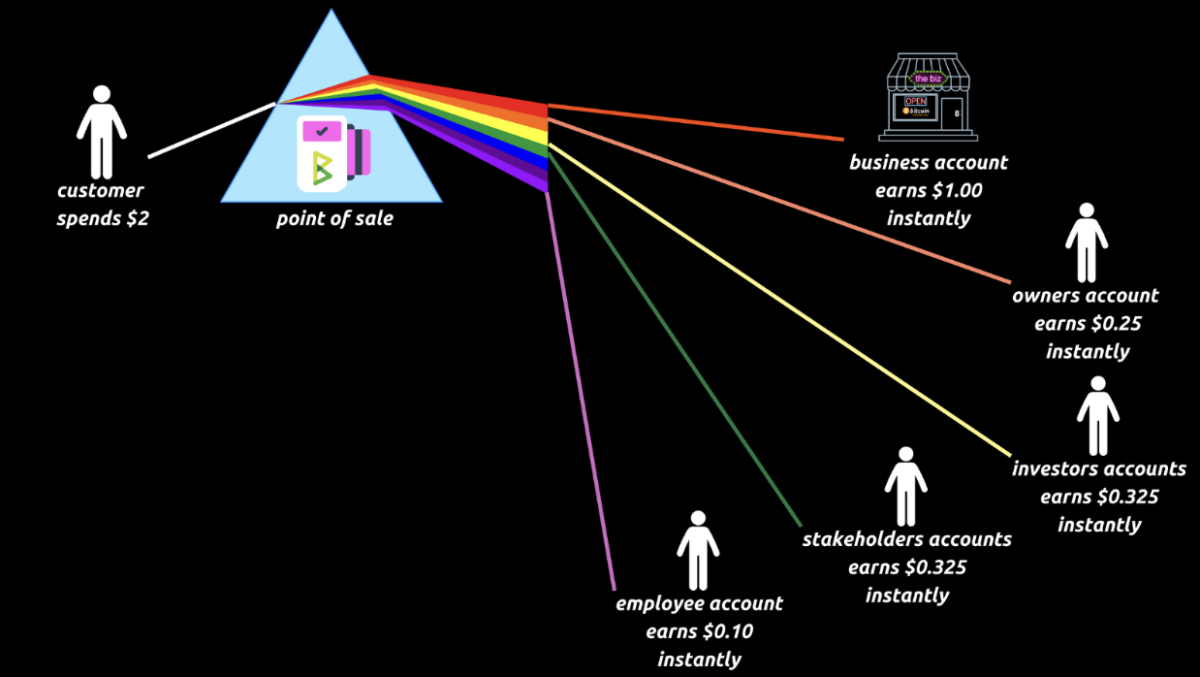
How to use BTCPay server
Step 1: Set up your BTCPay server
See this for a comprehensive guide on setting up your BTCPay server. Complete step-by-step tutorial on YouTube.
Step 2: Ensure liquidity and price stability
At the time of writing, lightning network is the only Bitcoin scaling solution that preserves the cash-like properties of Bitcoin when paying with BTC.
The Lightning Network facilitates instant payments, requires no KYC, and is nearly fee-free, just like using cash.
The Lightning Network requires liquidity to function. Providing liquidity often means running and managing nodes yourself, and the BTCPay server does this for you.
At the conference, BTCPay server nodes blinkacted as the liquidity provider for the conference, ensuring that there were no payment failures and it was flawlessly operated.
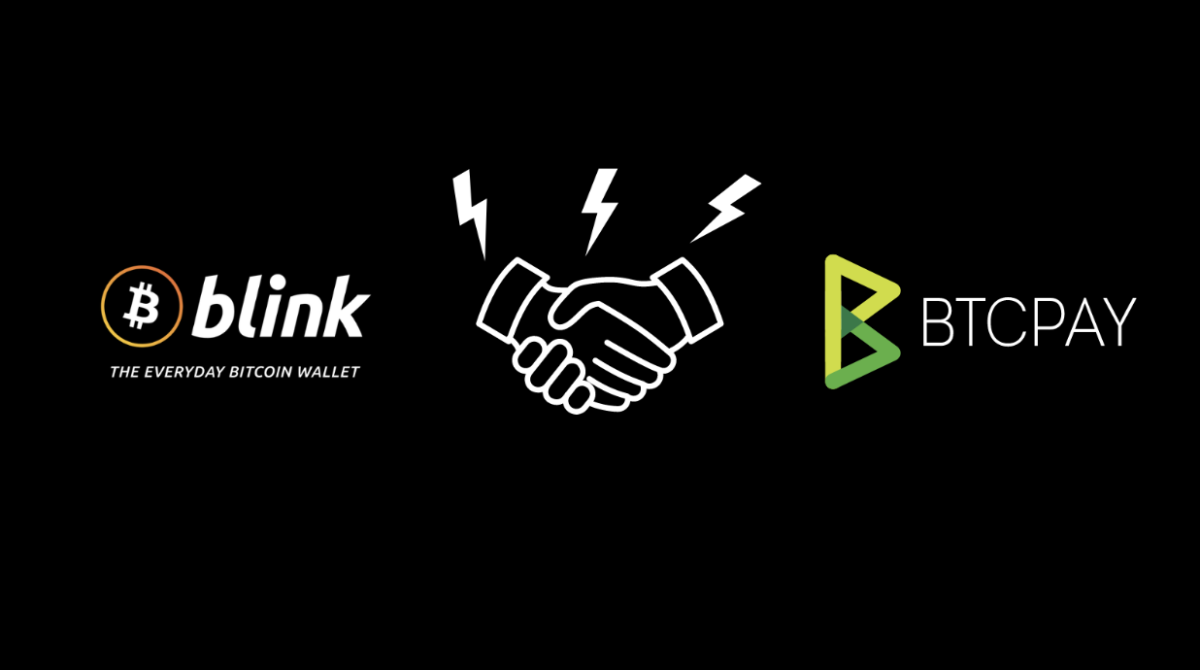
In addition to utilizing additional liquidity providers, we also employed a price hedging solution in case Bitcoin price movements occur during the conference.
This risk needed to be addressed because the vendors who accepted Bitcoin at the conference wanted to be paid in local currency after the conference ended.
The bearish scenario for the vendor is that they receive a $10 Bitcoin payment at the time of the sale when the Bitcoin price is high, but then the Bitcoin price could drop by 50% during the conference.
In this type of situation, when the vendor performs the payment in local currency, the vendor will only receive $5 in local currency, which is unacceptable.
To reduce this risk,stable satellite”, a Blink feature that allows instant conversion into a synthetic version of a stable currency (such as the Hong Kong dollar) at the point of sale.
More information about Blink features and services here.
Step 3: Deploy physical POS machines
Despite the digital nature of Bitcoin transactions, physical point-of-sale (POS) machines were introduced to provide attendees and vendors with a familiar checkout experience.
I used a POS machine. Bitcoinization. These devices also made it easier to issue physical receipts upon request.
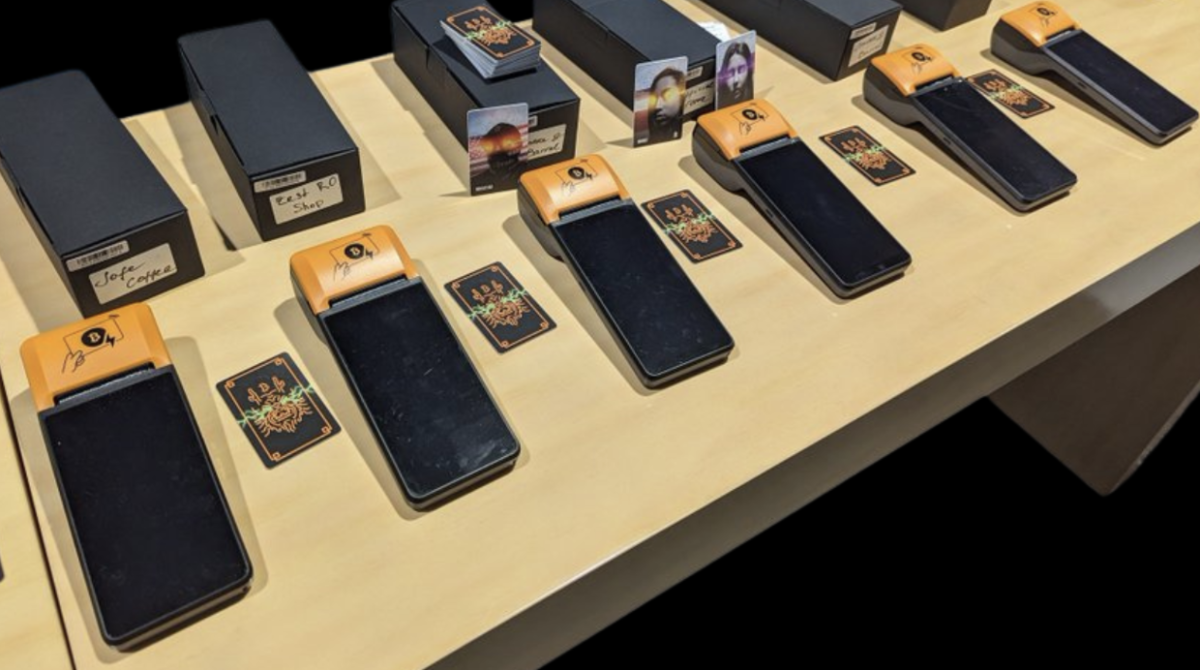
Step 4: Simplify your Bitcoin access with Vault Card
To facilitate seamless Bitcoin transactions at the conference, we also: bolt card.
These custom “Bitcoin Asia” edition cards enabled attendees to convert fiat currency to Bitcoin for use within the event. This card enables easy NFC tapping on POS devices.
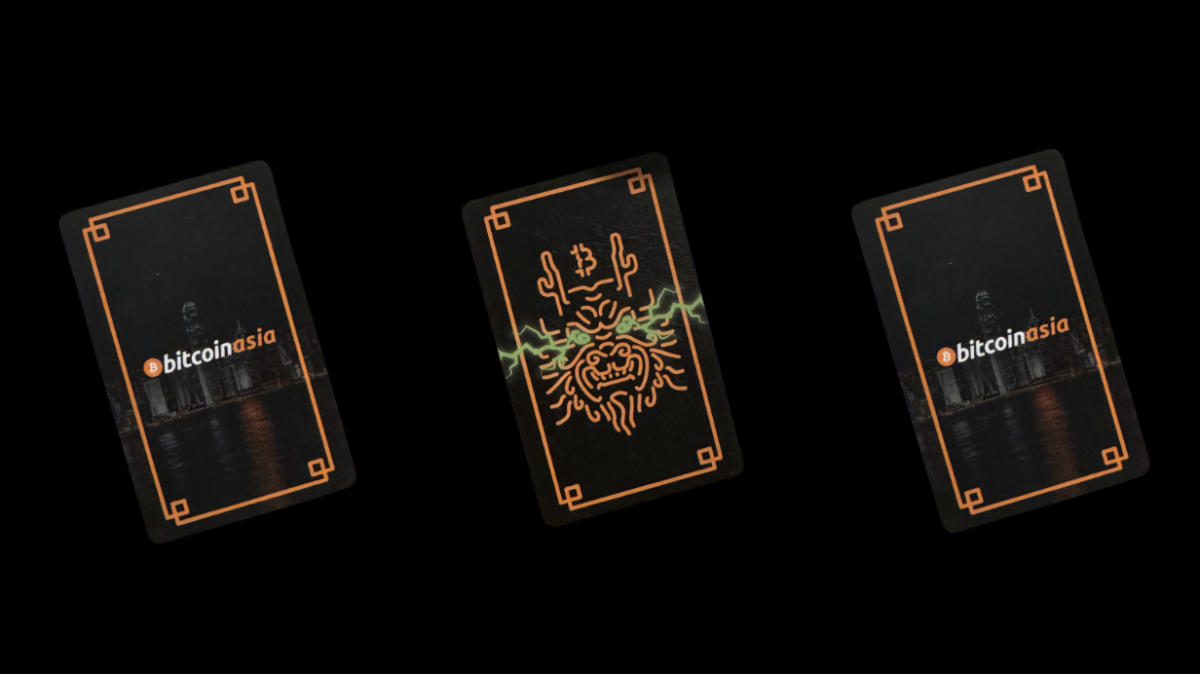
Step 5: Training for merchants and employees
Prior to the conference, a training session was conducted to familiarize vendors with how to use the BTCPay server.
The 10-minute session was effective and required minimal questions from participants.
A group chat was set up for support, but it was rarely used as the payment system worked smoothly.
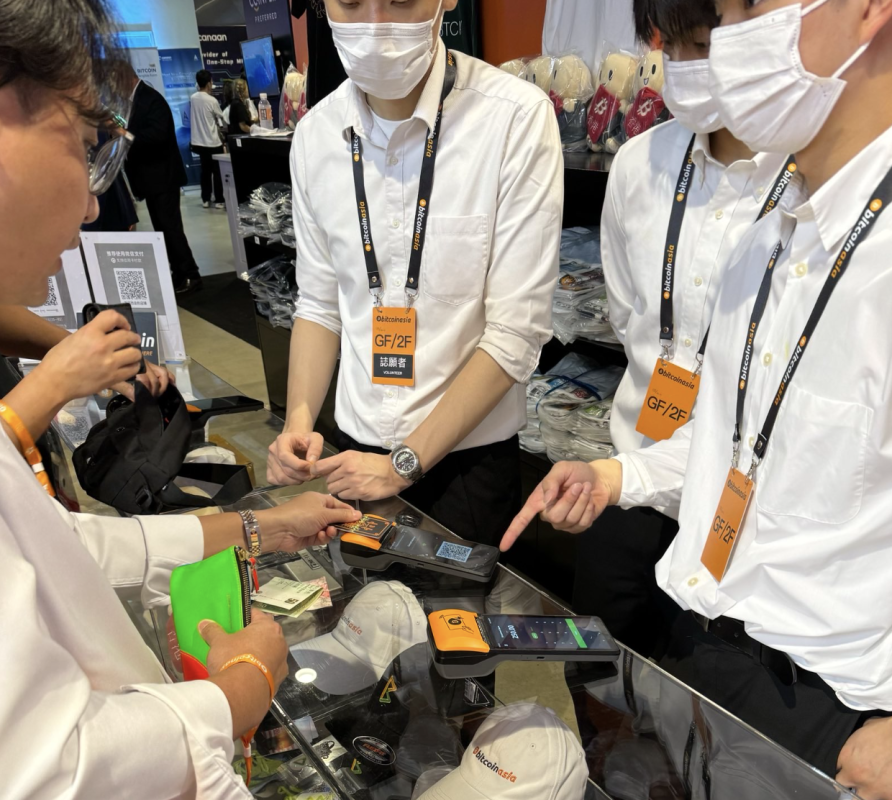
Complete video of the training session is available here.
conclusion
Transacting Bitcoin transactions at the Bitcoin Asia Conference was incredibly easy thanks to free open source software like BTCPay Server and innovative solutions from companies like Blink.
The successful use of BTCPay servers at the Bitcoin Asia Conference demonstrated the potential for wider adoption of Bitcoin in everyday commerce.
Consider using a solution like this at your next event or within your local economy.


